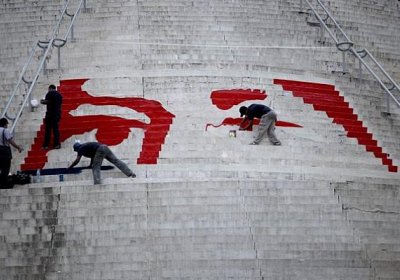The United Socialist Party of Venezuela’s (PSUV) victory in the October 15 elections for state governors is a major blow to the country’s right-wing opposition, as well as to its backers in Washington and Europe.
The victory also marks a significant step forward in the struggle to defend the gains of the almost two decade-long pro-poor Bolivarian Revolution, spearheaded by late former President Hugo Chavez.











